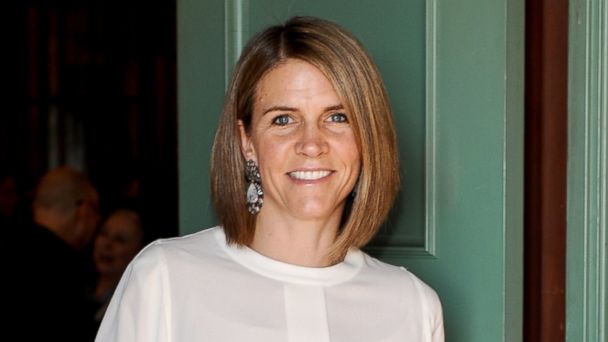How To Be A Good Ambassador: The Guide

Colleen Bell attends David Webb 65th Anniversary Luncheon With Glenda Bailey, Nov. 1, 2013 in Los Angeles, Calif. Stefanie Keenan/Getty Images.
Given the latest series of underwhelming performances by ambassadorial nominees, it's understandable that some people hoping for a successful foreign service career might be confused about the qualifications.
Fortunately for them, the group representing career foreign service officers just published a new guide to being a successful ambassador - just weeks after a handful of high-powered political fundraisers demonstrated they really didn't know very much about the countries they were being nominated to represent.
The American Foreign Service Association's governing board is also considering whether to take additional public action to criticize those nominees, including George Tsunis, Noah Mamet and Colleen Bell, respective picks for Norway, Argentina and Hungary. Those options include notifying Congress in some form of AFSA's concerns, according to communications director Kristen Fernekes.
But the new five-page guidelines may be as far as the group goes: the bar is set pretty high for public rebukes of political appointees to cushy embassy jobs: it last happened in 1994 to late hotelier Larry Lawrence, then-President Clinton's pick for ambassador to Switzerland, who was at the time being sued by the IRS for owing $76 million in back taxes.
Appearing before the Senate Foreign Relations Committee during Lawrence's nomination hearing, then-AFSA chairman Dennis Kux testified, "If the president were to name a real estate mogul to run an aircraft carrier or command an Army corps, he would be regarded as deranged," per a Chicago Tribune report.
For added context, Lawrence, who died in 1996, was exhumed from his first gravesite at Arlington National Cemetary after it was revealed that he had fabricated World War II service with the Merchant Marines.
Fernekes said that while the 29-person AFSA board is considering options like those used in 1994, there is no prospect of a formal "vote of no confidence," as British newspaper The Guardian put it in their reporting Tuesday.
"That terminology was not used," Fernekes said, adding that the next board meeting is March 5 th.
For now, she added, the new guidelines, written by a 10-person task force of retired ambassadors, will suffice as an indirect rebuke of the latest slate of nominees. The guide contains a stipulation that is particularly to the likes of Tsunis, Mamet and Bell: "The nominee has experience in or with the host country or other suitable international experience, and has knowledge of the host country culture and language or of other foreign cultures or languages."
Fernekes noted that these recommendations may be coming out at a particularly sensitive time for ambassadors, but that the task force has been working on them since last fall.